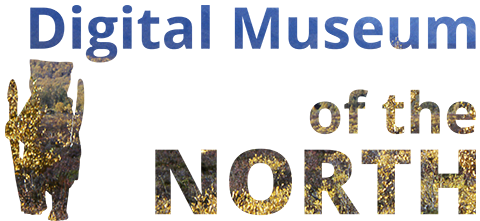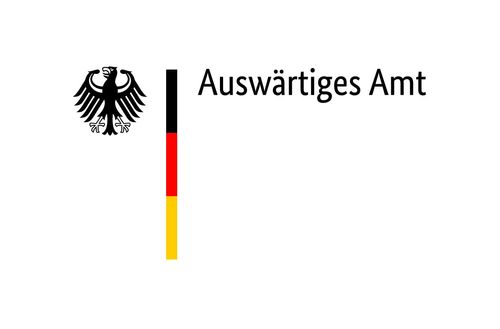Musée d‘ethnographie de l‘Université de Bordeaux
Anatol Donkan talks about the house’s guardian spirits (2)
“A figure that has no eyes and no mouth is called duru, which means that nothing is inside yet. But as soon as eyes and a mouth become visible, and once it has been fed, from that moment on it is called djuli. Here you can see the eyes. When they made a figure, they would usually say: ‘The figure is finished, but it has no eyes and no mouth yet.’ Then they would say: ‘Now we still need to make the eyes.’ And someone in the family would offer: ‘I’ll do it,’ to which another might say: ‘Let me do it.’ Then the grandfather figure would decide: ‘Alright, you do it.’ And so, with great care and attention, they would drill holes for the eyes, take beads, and place them in the openings. That’s when the figure began to see. As soon as it could see everything and already had a mouth, it was immediately fed, because the spirit would say: ‘Now I will live here.’ From that moment on, they began to stroke the figure, smoke it with incense, and talk to it – because it was now a member of the family. And when leaving the house, they would always say: ‘I’ll give my grandmother a little stroke before I go’ – they were always very kind to these figures.” (Video in progress)
Recorded by Erich Kasten. Viechtach, 2024.



